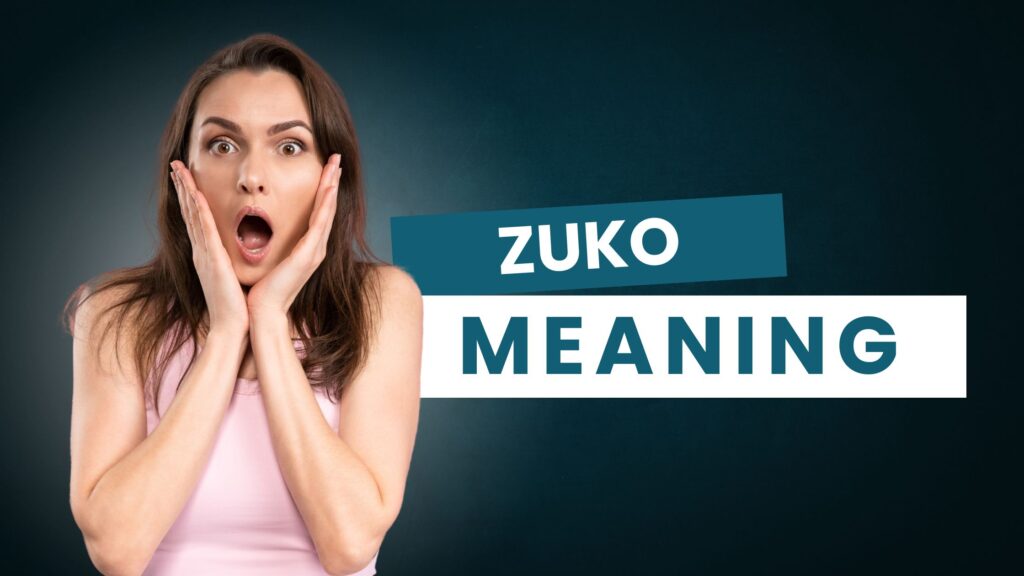The word “cunty” is a slang adjective derived from the noun “cunt,” a term historically used as a vulgar reference to female genitalia. Over time, especially in British and Australian English, “cunty” has evolved into an adjective to describe someone’s behavior or attitude. While offensive in some settings, its use varies widely depending on tone, region, and context.
Where Is the Word “Cunty” Commonly Used?
“Cunty” is most frequently used in informal British or Australian speech, often as a descriptor for someone acting mean, arrogant, or irritating. It may be used among friends in a teasing way or more seriously to express disapproval. It remains far more taboo in American English and is rarely used in casual conversation.
The Tone and Emotion Behind “Cunty”
The tone behind the word can change depending on how it’s delivered. If said with humor among close friends, it might not carry strong negativity. However, in professional or unfamiliar social circles, it often carries a harsh or cruel connotation, suggesting that someone is being unnecessarily rude or difficult.
Online and Social Media Interpretations
On platforms like Reddit, TikTok, or Twitter, users sometimes describe people or actions as “cunty” to signal sharpness, sass, or power, especially in fashion, drag culture, or LGBTQ+ slang. In these circles, calling a look or vibe “cunty” might even be a compliment, implying boldness or fierce confidence.
Is “Cunty” Always a Bad Word?
Not always. While it’s certainly not considered polite, some communities have reclaimed or softened the impact of the word. For example, in drag slang, describing a performance as “cunty” can mean it’s iconic, daring, or commanding. It reflects a duality both edgy and empowering, depending on usage.
Alternatives and Safe Replacements
If you’re in a setting where professionalism or appropriateness matters, avoid using “cunty.” Alternatives could include: “harsh,” “rude,” “edgy,” or “assertive,” depending on the exact sentiment you wish to convey. These words offer similar meanings without crossing linguistic boundaries.
Cultural Sensitivity and Use in Global English
Language differs across regions. In British English, “cunty” may be taken less seriously than in the United States. Still, users should be mindful of audience, intent, and potential offense. Using such language in workplaces, academic settings, or public forums is highly discouraged.
Why “Cunty” Trends in Text and Pop Culture
The term “cunty” trends often in niche subcultures, especially among Gen Z, LGBTQ+ users, and online communities. Its appearance in memes, drag performances, or TikTok captions contribute to its rising digital visibility. Still, its controversial nature keeps it off many mainstream channels.
SEO Note for Readers
If you searched “cunty meaning” or “what does cunty mean,” chances are you’re trying to understand the tone, safety, or slang context behind it. This article is designed using Generative Engine Optimization to ensure it delivers clear, ranked, and intent-matching answers.
Conclusion
The word “cunty” is a complex and highly contextual slang term. While it originated from a vulgar root, its modern use especially in online subcultures like drag, fashion, and Gen Z slang has evolved to carry both negative and empowering meanings.
In most situations, it remains inappropriate for formal settings and is not safe for children or professional use. However, in certain communities, it has been reclaimed as a term that conveys boldness, sass, and unapologetic confidence.
Understanding the context, tone, and audience is key to interpreting or using the term “cunty.” Whether you’re analyzing its trending use or avoiding its offense, being aware of its social impact and shifting meanings can help you navigate conversations more thoughtfully.


